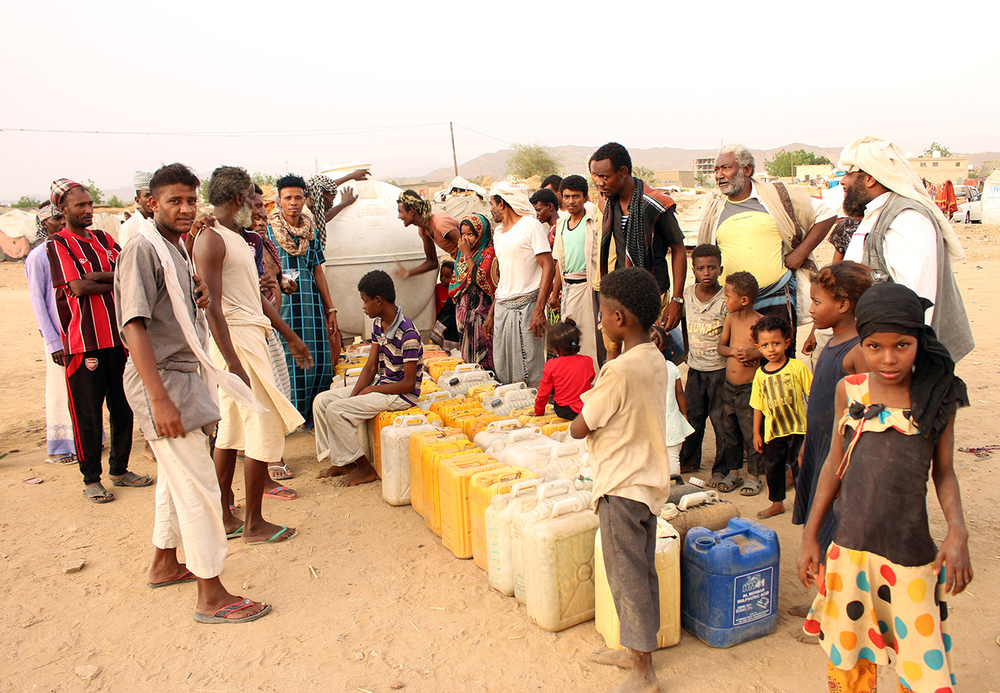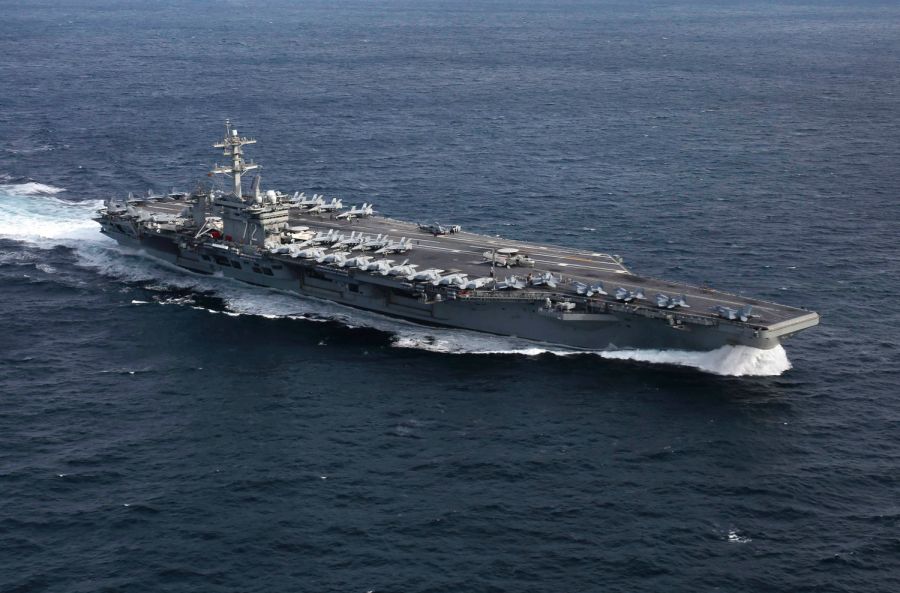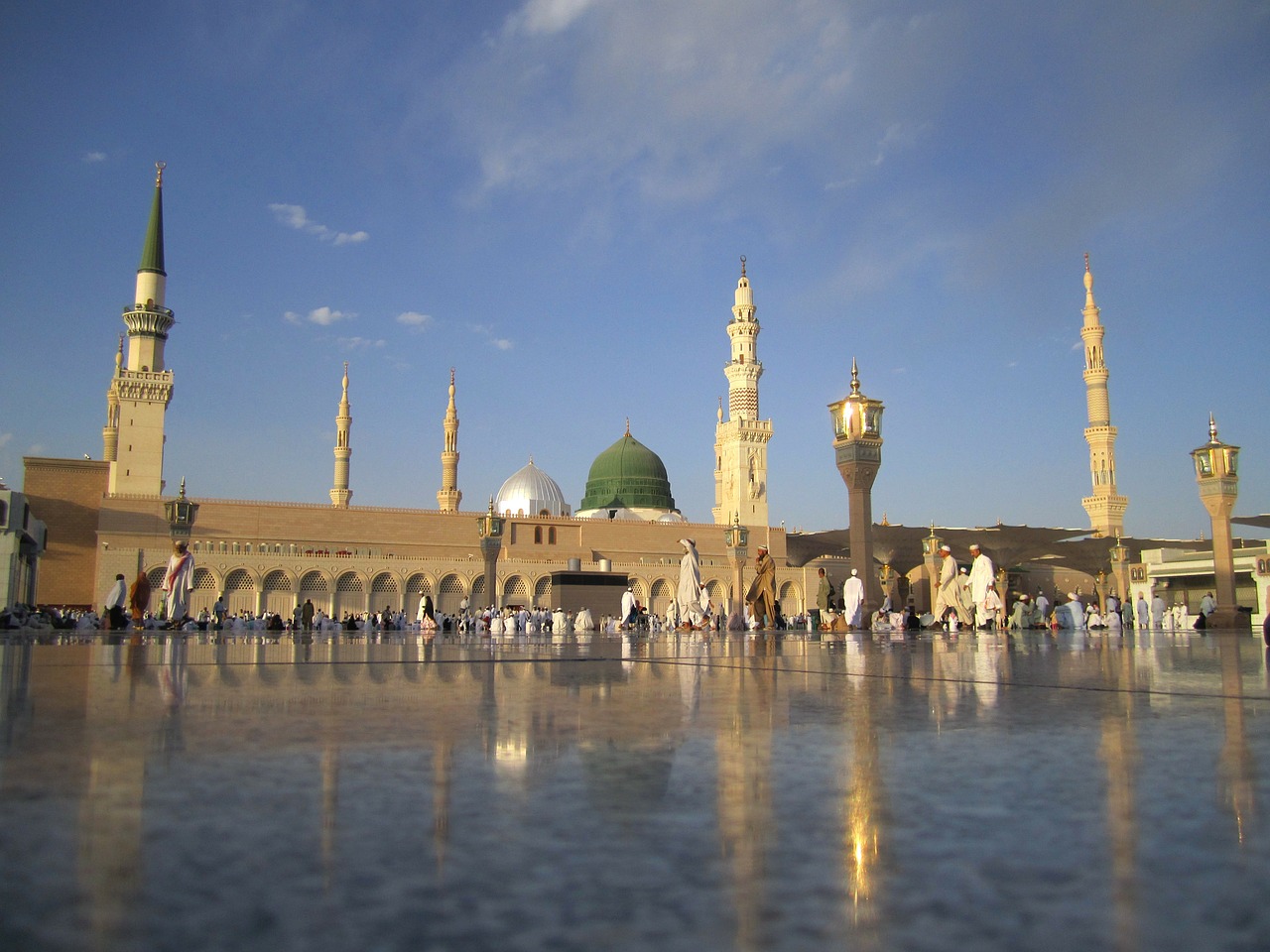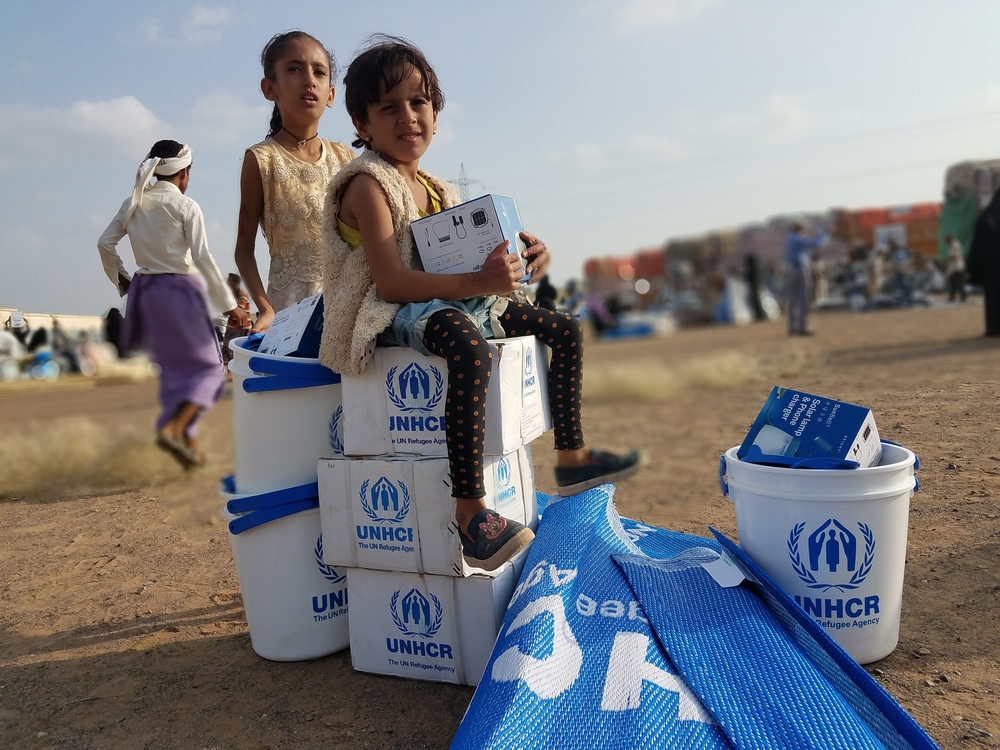
Yemen ceasefire deal: real or ‘smokescreen’?
Nearly six months after a much-publicized deal was made in Sweden to bring an end to four years of war and the resulting humanitarian crisis in Yemen, the UN now says Houthi fighters have pulled out of the Red Sea port city of Hodeidah. But many Yemenis, including the internationally recognized government of President Abd Rabbu Mansour Hadi, claim that reports of a unilateral withdrawal by Houthi forces are a “smokescreen.” The limits of what has been achieved are clear from renewed clashes that have erupted in Hodeidah between Saudi-backed pro-government forces and Houthi rebels. (Photo: The New Humanitarian)





